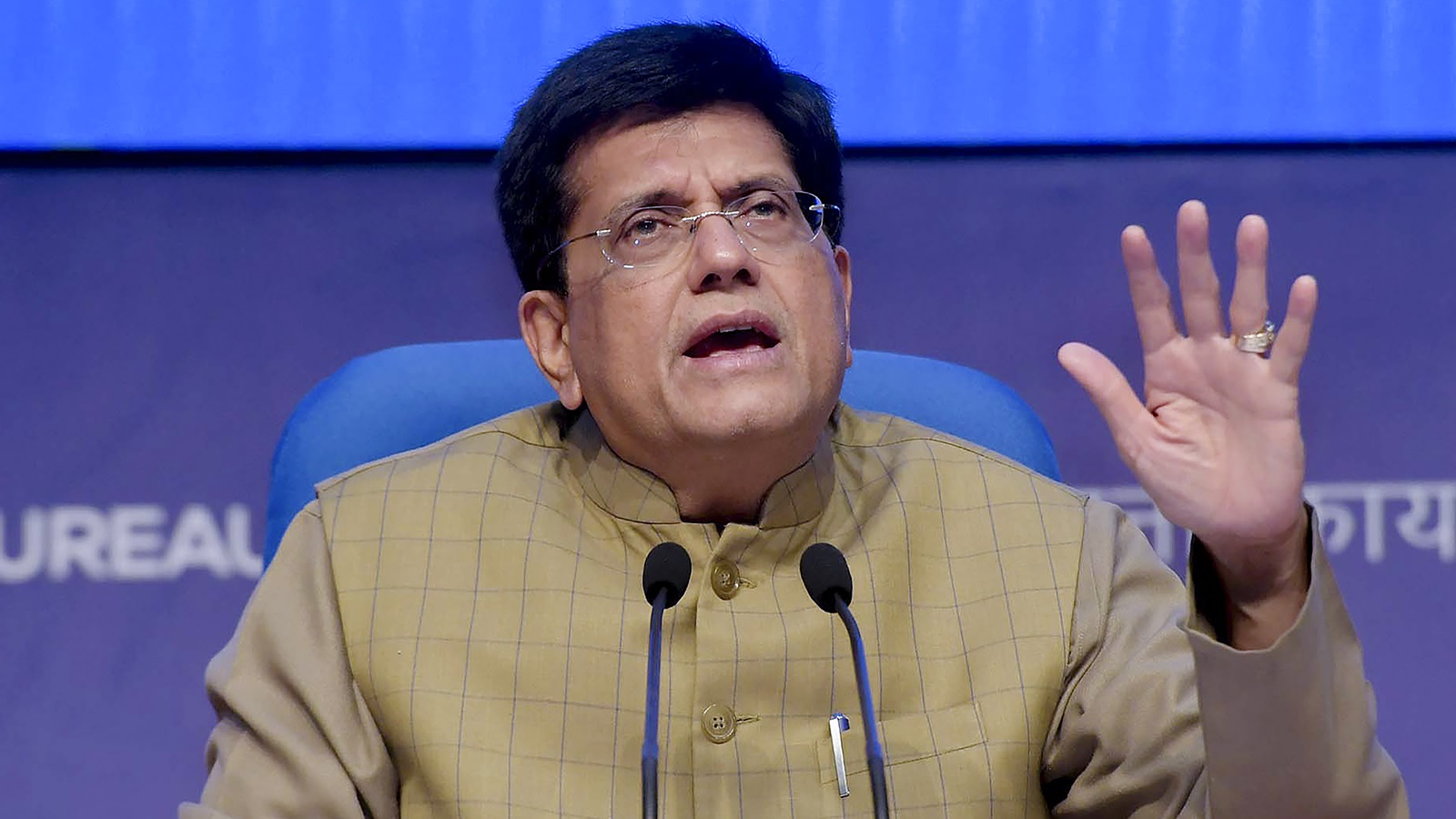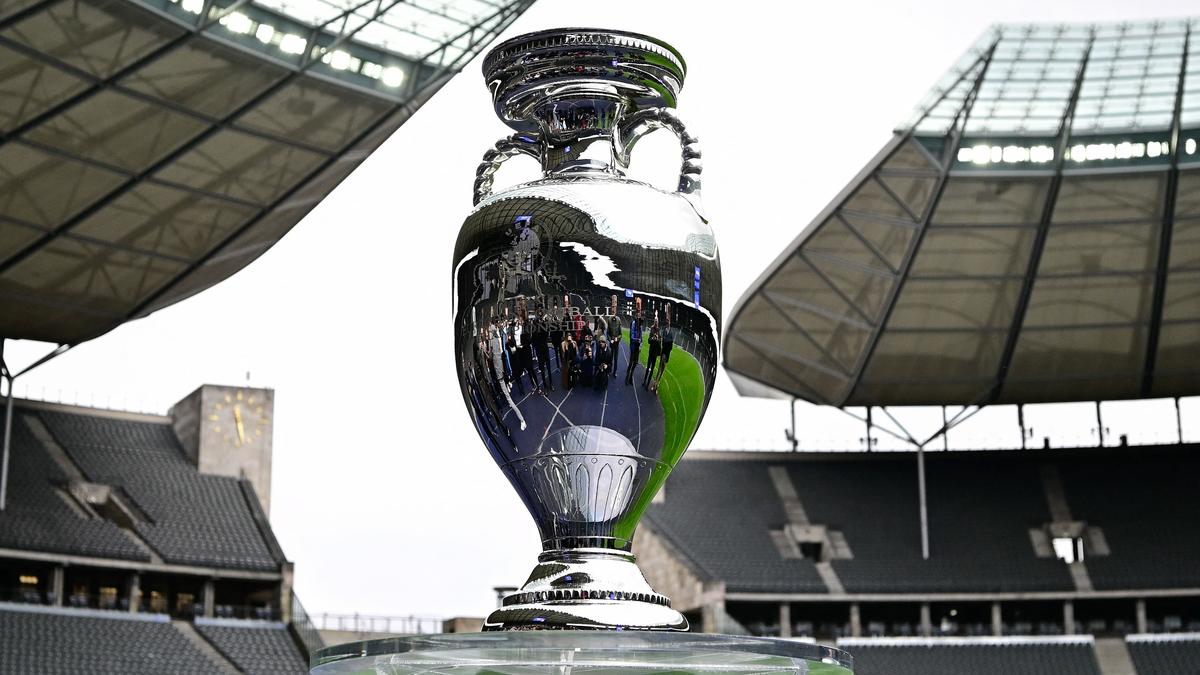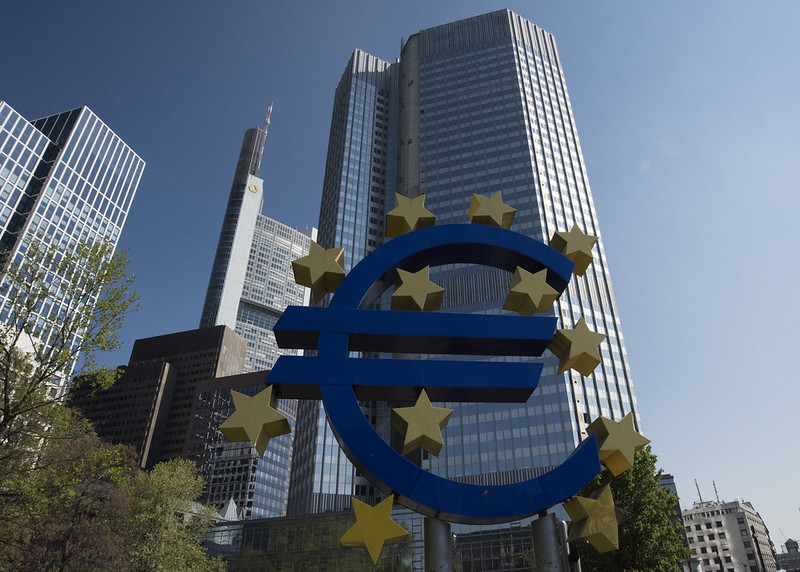Jobs
India seals pact with 4-nation Europe trade group: $100 bn & 10 lakh jobs in 15-yr deal

India and the four-nation European Free Trade Association (EFTA), an intergovernmental grouping of Iceland, Liechtenstein, Norway and Switzerland, signed a trade pact Sunday that will see the EFTA countries committing to invest $100 billion in India and aiming to generate 10 lakh jobs over a 15-year period in exchange for tariff concessions for their pharma, chemical products and minerals, among other items.
The India-EFTA deal has gone through a decade after negotiations were abandoned in 2013 due to differences between the two partners after as many as 13 rounds of talks. However, major geo-political shifts and a common goal to divert the economies away from their dependence on China helped India seal its first trade agreement with European countries.
The India-Oman trade deal, where discussions are at an advanced stage, is set to follow soon.
“It’s for the first time that we are inkling a free trade agreement with a binding commitment to invest $100 billion in India from EFTA countries on the back of a solid foundation that has been laid in India. There are big opportunities in businesses in the pharma sector, medical devices, food, research and development which can offer…This partnership will create 10 lakh jobs in India,” Commerce Minister Piyush Goyal said at the India-EFTA press briefing.
The official text in the “investment promotion and cooperation” chapter reads that the pact “shall aim to increase foreign direct investment” from investors of the EFTA states into India by $50 billion within 10 years from the entry into force of this agreement and an additional $50 billion in the next five years.
The agreement also said that the EFTA states “shall aim to facilitate the generation of 1 million jobs within 15 years in India from the entry into force of this agreement, resulting from inflows of foreign direct investment from investors of the EFTA States into India”.
A government official clarified that the investment will come from the private sector in EFTA, and not from the pension funds in the EFTA region (as was earlier expected and being negotiated from India’s side), and that mechanisms are in place to facilitate the investment within the deal. However, the official indicated that India can “withdraw tariff concessions” if expected investment commitments don’t come in.
“The legal obligation on the EFTA countries is the promotion and target. If the investments don’t come in, there is a way to rebalance concessions which means we can suspend concessions. Moreover, India has taken a longer duration in elimination of tariffs in sectors where we have a PLI (production linked incentive scheme) in place,” the official added.
On the investment commitment, think tank Global Trade Research Initiative’s (GTRI) founder Ajay Srivastava said that the operative word here is “aim”. But this is logical as Governments cannot force private firms to invest in a country or project and they can only nudge,” Srivastava said.
On the much anticipated gains in the services sector, another government official said that India’s annual services exports are worth $5 billion to EFTA, which is over 4 times the goods exports.
“About 85 per cent of our services exports goes to Switzerland and about 15 per cent to Norway. EFTA is providing commitment in market access in audio visual services. In terms of treatment, they have committed that they will not discriminate against Indian services providers with EFTA services providers,” another official said.
“In visas, EFTA has given us three categories. One is intra-corporate transferee, second is independent professionals and contractual service provider. In all these categories, they have provided us with a commitment that our service providers can provide their services. There is no quota as such but in their constitution they can decide a numerical quota,” the second official further said.
Meanwhile, the EFTA countries are set to see steep reduction in tariffs in India after the deal comes into effect. According to the Trade and Economic Partnership Agreement (or TEPA, as the deal is being called) signed on Sunday, the agreement will lead to elimination of duties on most industrial goods “currently exported to India by EFTA companies”, such as for example pharmaceutical products, machinery, watches, fertilizers, medicines, chemical products, minerals, as well as fish. While most agricultural items were kept out of the deal, the agreement provides for “meaningful tariff concessions on both basic and processed agricultural products.”
Prime Minister Narendra Modi, on the signing of the deal, said that the global leadership of EFTA countries will boost innovation and research and development (R&D) across diverse spheres such as digital trade, banking and financial services, transport and logistics, industrial machinery, bio technology, pharmaceuticals, chemicals, food processing and clean energy, and will open up new doors for collaborations.
“The culmination of efforts to finalize an innovative, well-balanced trade deal that reflects our respective developmental aspirations is commendable. One of the most pioneering free trade agreements ever concluded between our countries, the Economic Participation Agreement (TEPA) emphasizes our steadfast commitment to shared prosperity ..,” Modi said in a statement.
The EFTA-India TEPA was signed by Piyush Goyal, Minister of Commerce & Industry; Guy Parmelin, Swiss Federal Councillor and Head of the Federal Department of Economic Affairs, Education and Research; Bjarni Benediktsson, Minister of Foreign Affairs, Iceland; Dominique Hasler, Minister of Foreign Affairs, Liechtenstein; and Jan Christian Vestre, Minister of Trade and Industry, Norway.
“EFTA countries gain market access to a major growth market. Our companies strive to diversify their supply chains while rendering them more resilient. India, in return, will attract more foreign investment from EFTA, which will ultimately translate into an increase in good jobs…All in all, the TEPA will allow us to make better use of our economic potential and create additional opportunities for both India and the EFTA States,” said Parmelin, speaking on behalf of the EFTA.
India-EFTA two-way trade was $18.65 billion in 2022-23 compared to $27.23 billion in 2021-22. The trade deficit for India was $14.8 billion in the last fiscal. Switzerland is the largest trading partner of India, followed by Norway in the bloc.oc.










